Overview
Shahid Krishnasen Ichchhuk Polytechnic Institute (SKIPI) is a constituent CTEVT polytechnic in Ghorahi-17 (Gairagaun), Dang, Nepal. The institute runs diploma, certificate (PCL), pre-diploma, and short-term TVET programs with sanctioned quota seats and clearly defined scholarships.
Prospective students and guardians will find program options in Agriculture (Plant Science), Forestry, Hotel Management, Pharmacy, Architecture Engineering, Food and Dairy Technology, HA Medical Laboratory (CMLT), and Diagnostic Radiography, along with an intake matrix, category-wise quotas, and admission rules aligned with CTEVT standards.
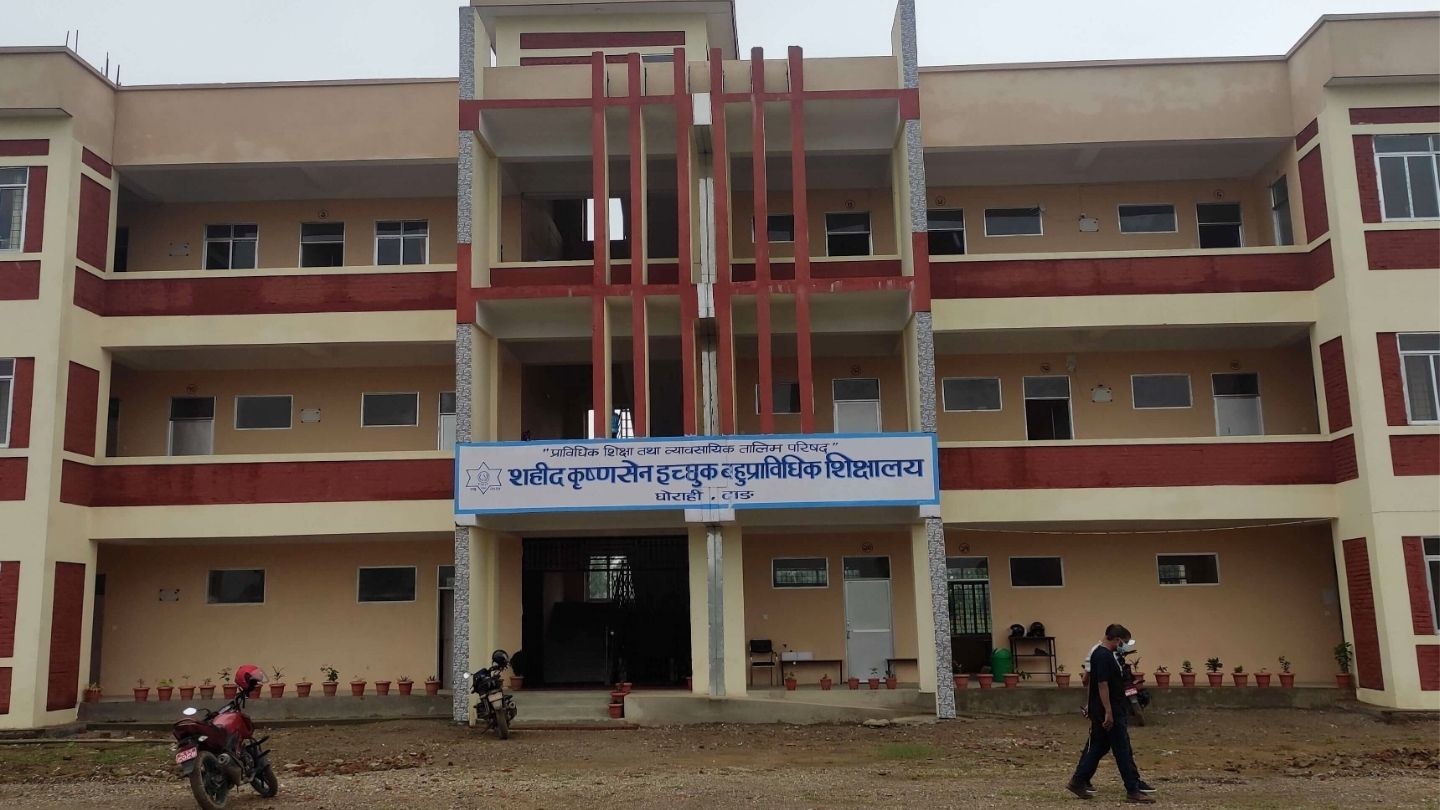
Overview
Established in 2018 (2075 BS), SKIPI expands access to hands-on technical education for learners from Dang and nearby districts such as Rolpa, Pyuthan, Salyan, and Rukum, while welcoming applicants from across Nepal.
Strategic direction comes from a district Steering Committee chaired by the Chief District Officer. Daily management is handled by the School Management Committee led by the Principal. Programs follow CTEVT curricula, assessment, certification, and quality assurance practices.
SKIPI delivers three core streams:
-
Long-term programs at diploma and certificate (PCL) level.
-
Pre-diploma courses, including apprenticeship in hospitality.
-
Short-term skill trainings linked to local livelihood needs.
Quick Highlights
-
Type/Affiliation: CTEVT constituent polytechnic
-
Location: Ghorahi Sub-Metropolitan City-17, Gairagaun, Dang
-
Established: 2018 AD (2075 BS)
-
Levels: Diploma, Certificate (PCL), Pre-Diploma, Short-Term Training
-
Special Scholarship: Diploma in Medicinal and Aromatic Plants (from FY 2022/23) targeting marginalized youth
-
Apprenticeship: Pre-Diploma in Hotel Management (from 2021/22)
-
Governance: CDO-chaired Steering Committee; Principal-led management committee
-
Community Role: Livelihood trainings and outreach for women and disadvantaged groups
Academic Programs Offered
Diploma and PCL Programs (Seat Capacity)
-
Diploma in Forestry — 40 seats
-
Diploma in Food & Dairy Technology — 40 seats
-
Diploma in Agriculture (Plant Science) — 40 seats
-
Diploma in Hotel Management (DHM) — 40 seats
-
Diploma in Pharmacy — 40 seats
-
Certificate in Diagnostic Radiography (PCL) — 30 seats
-
Certificate in Medical Laboratory Technology (CMLT) — 30 seats
-
Diploma in Architecture Engineering — 48 seats
- PCL in General Medicine - 40 Seats
Seat numbers reflect the sanctioned intake. Annual notices may adjust operational details, so applicants should follow current CTEVT/SKIPI announcements.
Special Scholarship Track
-
Diploma in Medicinal and Aromatic Plants (MAP) — launched in FY 2022/23 for marginalized youth, administered under the national scholarship framework and institute guidelines.
Pre-Diploma / Apprenticeship
-
Pre-Diploma (Apprenticeship) in Hotel Management — running since 2021/22 with on-the-job learning at partner establishments.
Short-Term Skill Trainings (Selected With Hours)
-
Professional Cook — 1696 hrs
-
Professional Building Electrician — 1696 hrs
-
Commercial Cooking & Baking — 792 hrs
-
Computer System & Maintenance — 1320 hrs
-
Barista (Coffee Maker) — 390 hrs
-
Montessori — 390 hrs
-
Auto-mechanics — 390 hrs
-
Caregiver — 390 hrs
-
Bar Tender — 390 hrs
-
Beautician — 390 hrs
-
Off-season Vegetable Production — 390 hrs
-
Fashion Design — 480 hrs
Admission Process
Eligibility
-
Diploma (3 years): Academic prerequisites and subject combinations as per CTEVT guidelines for each stream.
-
Certificate (PCL): Program-specific rules apply, such as science background for CMLT and Radiography.
-
Pre-Diploma and Short-Term: Entry criteria vary by course; basic schooling or aptitude checks may apply.
Application and Selection
-
Call for applications via CTEVT and/or institute notices.
-
Form submission online or in person with required documents.
-
Entrance or screening in line with the relevant program.
-
Merit list with reservation quotas for Dalit, Janajati, women, and disadvantaged groups as per national policy.
-
Enrollment within the stated deadline after document verification and fee submission.
Teaching Faculty and Learning Methodology
Faculty
Departments engage full-time instructors and visiting lecturers with professional practice in agriculture, forestry, hospitality, pharmacy, medical laboratory science, radiography, architecture, and food/dairy technology. Staff development follows CTEVT norms and periodic training.
Learning Approach
-
Practice-oriented sessions in labs, workshops, and studios.
-
Field visits and internships with farms, forests, hotels, hospitals, diagnostic centers, and industries.
-
Apprenticeship pathways that link classroom learning with supervised workplace exposure.
-
Continuous internal assessment and board examinations under CTEVT.
-
Competency-based outcomes mapped to assistant/technician job roles.
Infrastructure and Learning Facilities
-
Program-specific laboratories for pharmacy, medical laboratory, radiography, food/dairy technology, hospitality, basic sciences, and architectural drawing.
-
ICT-enabled classrooms with multimedia projectors and smart boards.
-
Library with course texts and references to support assignments and projects.
-
Industry and community linkages for field practice and on-the-job learning.
-
Safety protocols for labs and field activities.
Student Life and Campus Experience
-
Inclusive learning environment with students from multiple provinces.
-
Academic advising and mentoring through departments.
-
Community engagement through outreach trainings that address local needs.
-
Reservation policies that improve access for under-represented groups.
Extracurricular Activities (ECA)
-
Student-led clubs and interest groups where available.
-
Sports and cultural events scheduled during the academic year.
-
Community initiatives such as health camps, environmental activities, and local development events.
Scholarships and Financial Support
-
CTEVT national scholarships and reservation-based support.
-
Special scholarship in Medicinal and Aromatic Plants for marginalized youth.
-
Category-wise reservation seats for Dalit, Janajati, women, and disadvantaged groups in line with policy.
-
Additional schemes as announced by government or development partners.
Applicants should track current notices for criteria, documents, and deadlines.
Details of Sanctioned Quota (Seats & Categories)
The sanctioned intake covers eight long-term programs with a combined 308 seats. Program-wise totals are:
-
Diploma in Forestry — 40
-
Diploma in Food & Dairy Technology — 40
-
Diploma in Agriculture (Plant Science) — 40
-
Diploma in Hotel Management — 40
-
Diploma in Pharmacy — 40
-
Certificate in Diagnostic Radiography — 30
-
Certificate in Medical Laboratory Technology — 30
-
Diploma in Architecture Engineering — 48
Category-wise sanctioned seats across all programs (aggregate):
-
Classified Free Scholarships: 23
-
Zehendar Free Scholarship: 8
-
CTEVT/Staff Family: 8
-
Target Category (Full Fee): 30
-
Pre-Diploma (TSLC) Group: 43
-
Target Category (Ghorahi): 22
-
Open Competition: 174
Key points for readers:
-
The Open Competition pool carries the largest share of seats across programs.
-
Classified and Zehendar scholarship seats support access for eligible candidates under defined rules.
-
CTEVT/Staff Family, Target Category (Full Fee), and Target Category (Ghorahi) seats are filled as per published criteria.
-
The Pre-Diploma (TSLC) Group allocation links the TSLC pathway with diploma/PCL progression as specified in annual notices.
For admission, applicants should match their program choice with the relevant category and follow the current intake circular for forms, deadlines, and seat allocation procedures.
Achievements and Institutional Milestones
-
2018/2075 BS: Establishment as a CTEVT constituent polytechnic in Ghorahi-17.
-
2021/22: Launch of pre-diploma apprenticeship in Hotel Management.
-
2022/23: Introduction of Diploma in Medicinal and Aromatic Plants under a special scholarship for marginalized youth.
-
Ongoing: Short-term trainings that support local livelihoods, with a focus on women and disadvantaged groups.
-
Governance: District-level steering and structured internal management aligned with national TVET policy.
SKIPI has also discussed introducing PCL in Physiotherapy, subject to approval and resource planning. Applicants should check official channels for updates.
Why Choose This Institution?
-
Programs mapped to the national TVET framework with CTEVT certification recognized across Nepal.
-
Practice-oriented learning with labs, field exposure, internships, and apprenticeship options.
-
Range of technical fields under one institute, supporting diverse interests and regional employment needs.
-
Access pathways for Dalit, Janajati, women, and disadvantaged groups through scholarships and reserved categories.
-
Location in Dang with connection to farms, forests, hotels, health facilities, and industry sites for practical learning.
-
Short-term courses for job entry or skill advancement based on local demand.
These points help students compare options using transparent intake and category data rather than marketing terms.
Conclusion
Shahid Krishnasen Ichchhuk Polytechnic Institute offers clear TVET pathways at diploma, PCL, pre-diploma, and short-course levels. The sanctioned quota totals, category distribution, and program capacities provide a transparent view of opportunities for prospective learners. With structured governance, applied teaching, and targeted scholarships, SKIPI contributes to regional workforce development and supports wider access to technical education.
For the current cycle’s eligibility rules, application windows, and fee details, follow official CTEVT and SKIPI notices to align documents and timelines with the intended program and category.



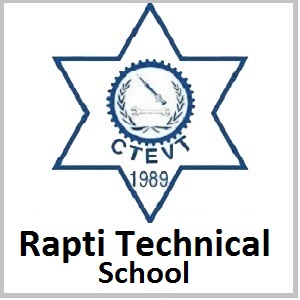
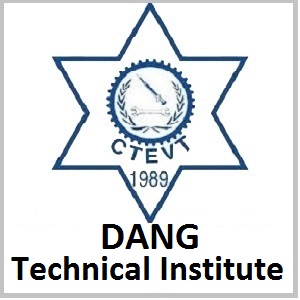
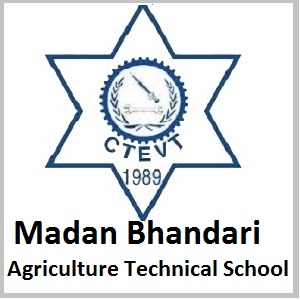
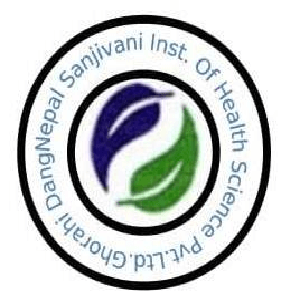
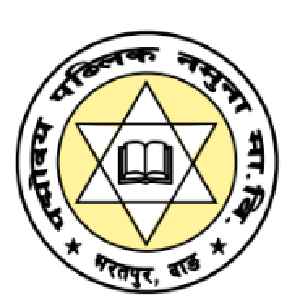
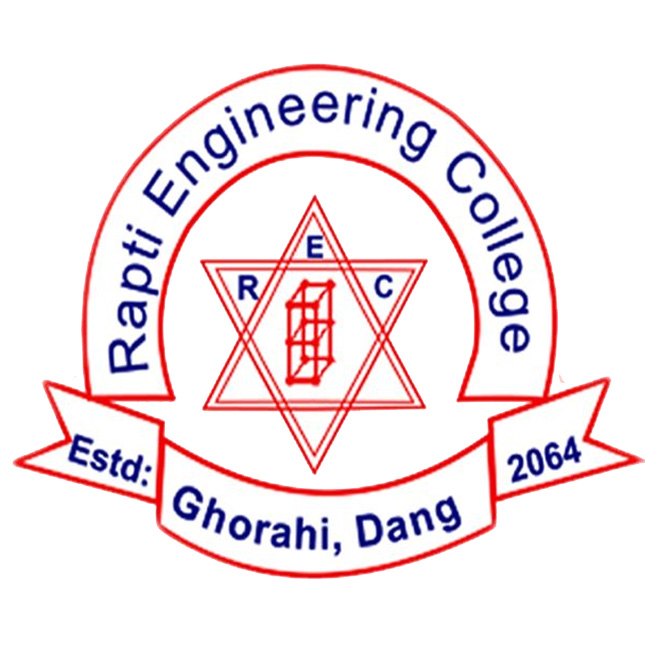










You need to login to comment.